Making the call: why calling yourself out is an issue of safety
December 13, 2018
8:10 am: It’s Monday morning in West Cafe. Senior Katie Northcott is not ready for class. She sits there as the minutes tick down when an idea strikes her: she can call herself out.
“It wasn’t the first time I had called myself out,” Northcott said.
By walking to a quiet corner of the cafeteria and pulling her phone out of her back pocket, she looked up the attendance number on the Creek website. After ringing for what seemed an eternity, the automated message finally played and she recorded what she hoped to be a convincing message.
“I just called from my own phone and said I was my mom and that I wasn’t going to class,” Northcott said.
1:12 pm: A note was delivered to Katie’s class from her dean. She had been caught.
Ditching class is not a bizarre occurrence, but in order to avoid a call home for an unexcused absence, students are taking different measures. Students have been calling themselves out as their guardians to be excused.
Normally if you miss classes without being excused it results in a robo call home, so even Principal Ryan Silva can understand the appeal. “You miss a class without your parents finding out that you missed a class…. because then you don’t get the robo call home”.
Even though calling yourself out may sound like a phenomenal plan in the moment, it does have its consequences once you are caught. Calling yourself out is not seen as some desperate act to get yourself out of class; it is seen as rebellious and dangerous by administration.
1:25 pm: Katie Northcott received in-house detention for a week, meaning she had to be at her dean’s office for every one of her off periods.
“I just sat in a chair and did homework,” Northcott said. “The assistant was the one who made sure we checked in every time and let us go on our lunch break for the last fifteen or so minutes. It was during both of my off periods. We were allowed to have phones so I listened to music and drew or did homework,” said Northcott.
Students calling themselves out is not a new trend. From the beginning of cell phones, it has been an issue, but now there can be penalties for these unexcused absences. During the time you are attending classes, the school has a responsibility of keeping you safe. This can result in both punishment for the one ditching and the school if something were to happen to you.
“We’re responsible for providing safety to to the students when they’re sitting here during the day,” Silva said. “So essentially, we’re your guardians during the school day and we have to be able to account for you. Your parents assume that you’re under our guardianship.”
Over time it has become easier for the school to catch kids ditching via calling themselves out. Not only can the attendance office tell by the phone number, but also by the voice.
“Their voice lacks maturity,” said Christy Heimbrock who works at the attendance office.
When Dean Tom Doherty calls kids in for discipline, the atmosphere can be tense.
“By the time they come in, the kids are usually pretty embarrassed,” he said.
But Doherty likes to have a little fun with the situation by making them listen to their own voicemail.
“I save those messages and always play it for them, and they’re always like, “uh…,” Doherty said.
Kids calling themselves is not unique to Creek, but is still a problem according to administration.
“Our attendance rates were at 95.9% last quarter, making our attendance rates the highest in the district,” Assistant Principal Kevin Uhlig said.
Calling oneself out from class is not as common as it sounds, but ditching has always been a large trend. Silva recalled the classic 1986 film, Ferris Bueller’s Day Off.
“They made a movie essentially on missing school and being excused from missing that day illegally,” Silva said.
Even though calling yourself in can be treated lightly, your whereabouts must be known to the school.
”You’re with us, then we have to be able to account for you,” Silva said.

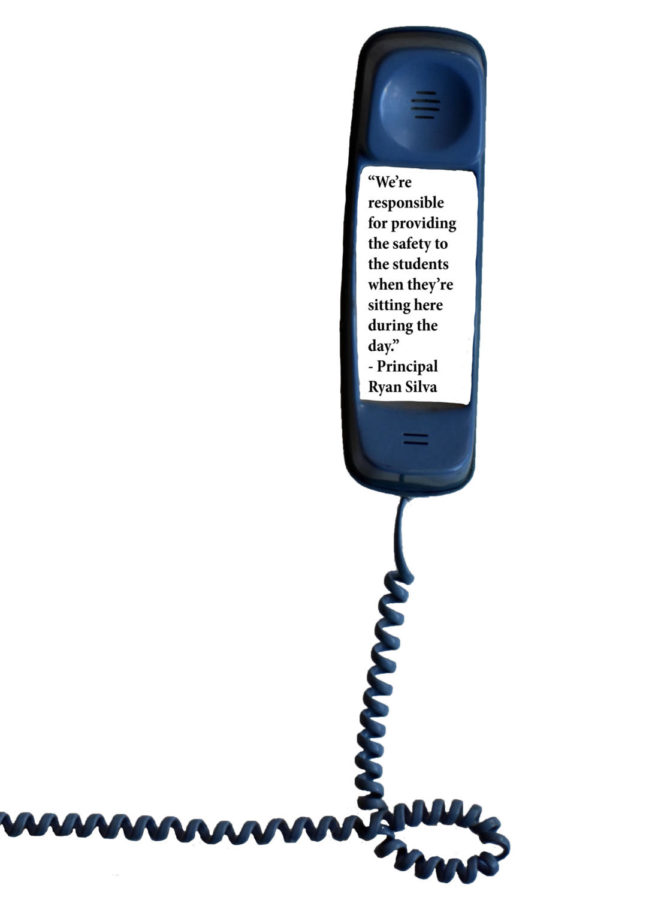



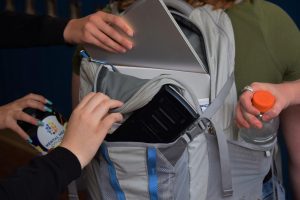

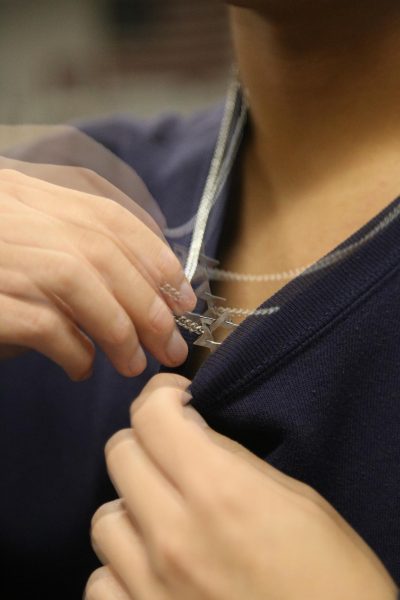
![In a recent surge of antisemitism nationally, many have pointed towards social media and pop culture as a source of hate. “Many far-right people have gone on [X] and started just blasting all their beliefs, Sophomore Scott Weiner said.](https://unionstreetjournal.com/wp-content/uploads/2023/10/antisemitism-popculture-2-600x338.jpg)
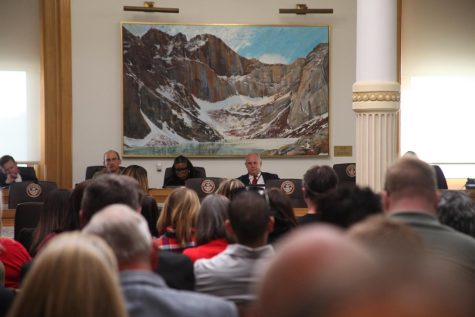




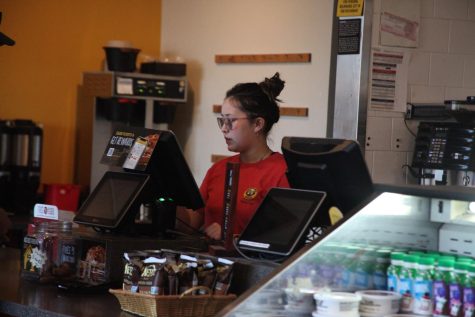
![Students perceive each other in highly critical ways.
This is only magnified when the person being observed is transgender. Sophomore Aram Bazarian sat with a trans pride flag for our cover in an all too familiar position. As a trans person at Creek, Bazarian often feels isolated from students around him, not only because of his identity, but also because of the possible hate he could experience for being himself. “Some [students] have never met a trans person before,” senior Karter LaBarre said. “So I sometimes have some educating to do.” Educating their peers is the tip of the iceberg for these trans students. Name-changes, basic respect, and deadnaming are all part of the trans experience.](https://unionstreetjournal.com/wp-content/uploads/2022/11/USJOpt5Edit-367x475.jpg)